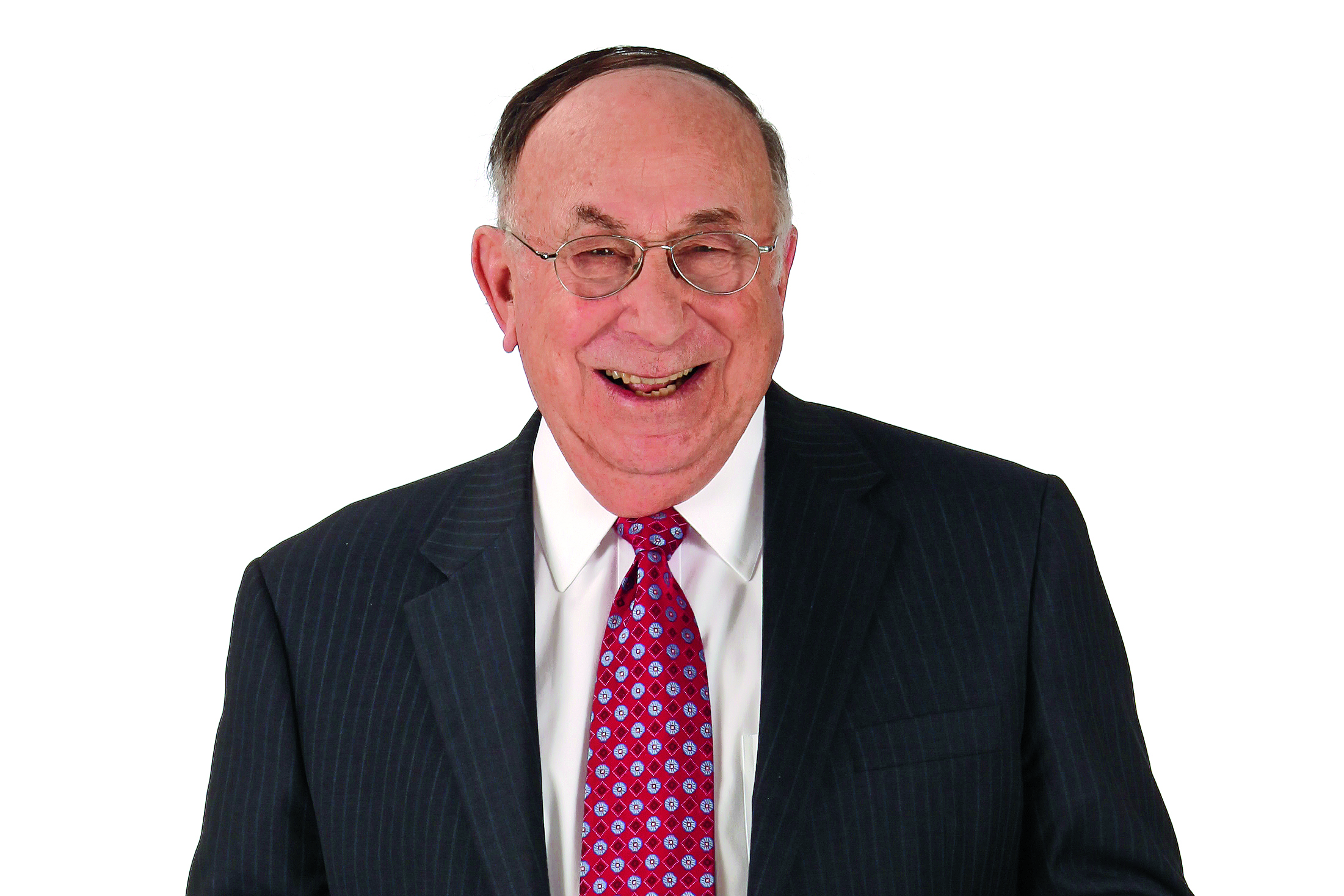
Vice Chair Overseer Bob Appel, President of Appel Associates, has charisma and unmistakable charm. And behind his smile is an acutely analytical mind. As Chair of the historic $1.3 billion Discoveries that Make a Difference Campaign and now Co-Chair of the Driving Discoveries, Changing Lives Campaign, Bob has been a champion for Weill Cornell. In the ten years that he and his wife, Helen, have been part of the Weill Cornell family, they have made an immeasurable impact. Along with the Appels’ ongoing generosity and commitment to advancing science, Bob has given his time, his boundless energy, and his heart toward creating a world class institution. With two $15 million gifts, the Appels created a legacy of advancing neuroscience initiatives at the Medical College, establishing the Helen and Robert Appel Institute for Alzheimer’s Disease Research and supporting neuroscience efforts in the new Belfer Research Building. They also established the Helen and Robert Appel Clinical Scholar Award.
Bob recently sat down with Larry Schafer, Vice Provost for External Affairs, to speak about his role as a philanthropist and a leader for Weill Cornell.
LS: I know that you and Helen are both devoted and active alumni of Cornell University. How did you first get involved with Weill Cornell?
BA: When my term was over as a trustee at Cornell University, I knew that I wanted to stay connected in some way. Weill Cornell was the perfect way to stay involved while also experiencing something new. When I first became an Overseer, I don’t think I truly realized how wonderful this place is! I knew Weill Cornell’s reputation was good, but I was amazed by the people I met and the work that was being done here.
LS: Through the Appel Institute, you have championed a cause that is rapidly becoming a leading health concern in our society. What drew you to support research for neurodegenerative diseases?
BA: We had two very close friends who passed away as a result of the disease, and we were very much affected by their suffering and their untimely deaths. That’s how we first got involved. It is clear that funding in this area is nowhere near what it needs to be, so supporting these efforts is certainly a worthwhile enterprise.
LS: In addition to your philanthropy and your role as an Overseer, you were Chair of the Discoveries Campaign. What was that like for you?
BA: Well, it started out when Sandy Weill said to me, “Let’s go raise a billion three.” I actually thought he was kidding! Our goal was to raise money to support what is now the Belfer Research Building. At that time, I thought it would be an interesting campaign, but also an impossible one. I don’t think I fully understood the power of this institution and its great desire to be involved more heavily in research. So, we took a unique approach and concentrated a lot of our efforts on areas with research needs that had not yet been met, where only research can truly make a difference.
LS: What surprised you most about being Campaign Chair?
BA: I think it was how willing people were to work toward raising money and to give during very difficult economic times. Weill Cornell has a reputation that’s sterling, a leadership that’s willing to act, and the people to make it work. It’s a powerful combination. So, it’s very easy to be Chair of a campaign when all of that is put into place.
LS: And you’ve signed on to co-lead another one for us with the new Driving Discoveries, Changing Lives Campaign…
BA: Yes, I believe that there will always be a need for major funding of medical research. Medical technology and research are at a pivotal point – money that comes in now will have enormous rewards. The beautiful thing about research is that it is a very wise investment – the more money you throw at it, the greater your chance of success. And it works. When you make a gift toward research, you can really feel that you are making an impact.
LS: So, how did you learn about giving back?
BA: I credit a few people who taught me along the way, like Harold Tanner, who introduced it to me when he was Chair of the Board at Cornell. But honestly, giving back is like potato chips. Once you do it, it’s so good, you just do more of it.
Andrew Carnegie said, “The man who dies rich, dies disgraced.” I’m a big believer in that. The beauty of giving money away while you’re alive is that you get to see its impact – or at least some of its impact. Unless I’m wrong, you don’t come back that often to see your impact from “up there.”
LS: You and Helen also support bastions of New York City culture, including Jazz at Lincoln Center and the New-York Historical Society. Do you have a family philosophy for philanthropy?
BA: Our philosophy is that as long as we’re capable of doing it, we’ll simply find the areas that we think make the most sense and do it while we’re here and alive. It’s such an important part of our life. It doesn’t have to be everything, but you have to support the things you’re most passionate about.
